African nonprofit is making the walk to school dramatically safer for students

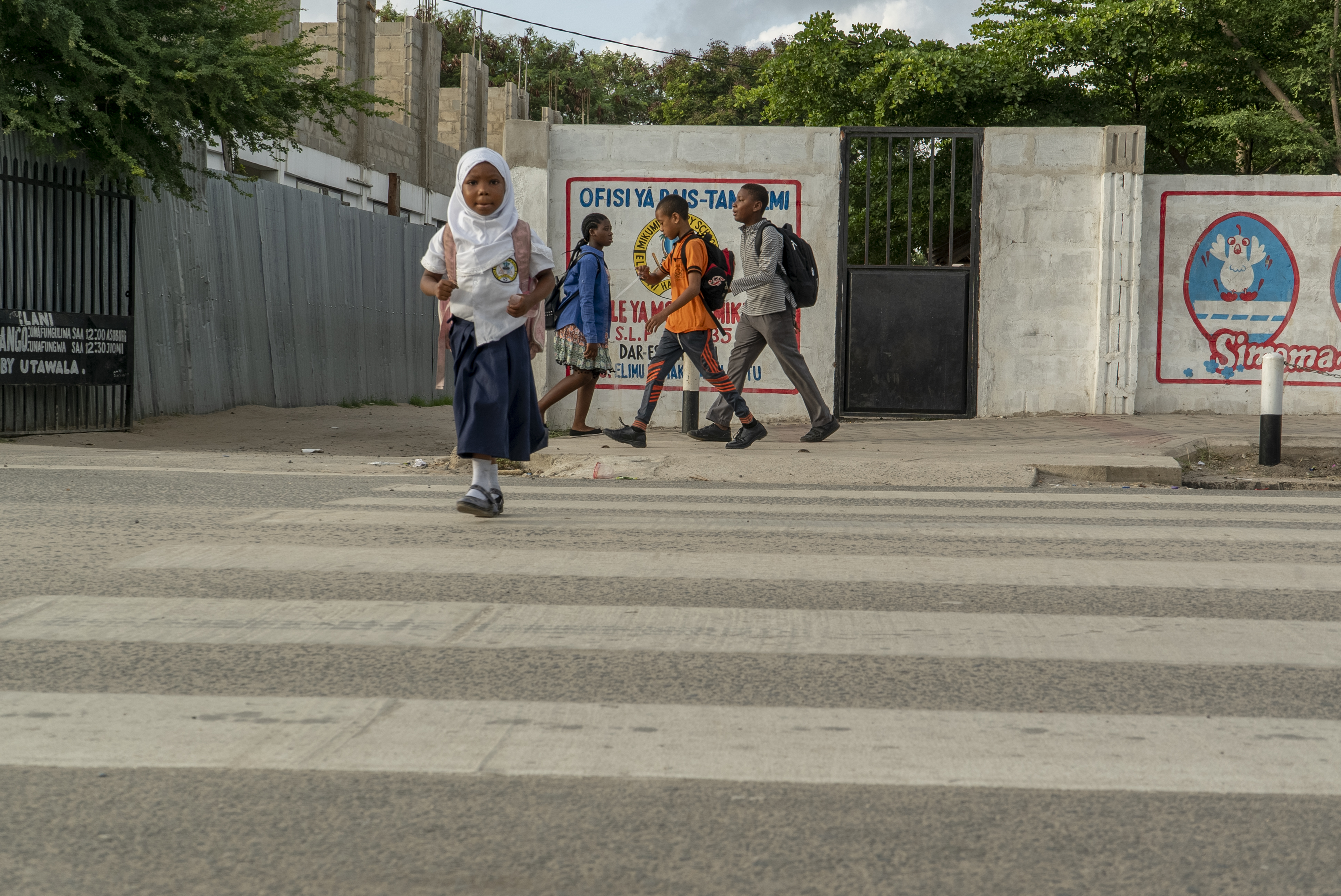
A free daily email with the biggest news stories of the day – and the best features from TheWeek.com
You are now subscribed
Your newsletter sign-up was successful
Due to a lack of traffic lights, signs, and sidewalks in neighborhoods across Dar es Salaam, Tanzania, the streets can be dangerous for anyone on foot.
Children are especially vulnerable; the World Health Organization reports that kids in sub-Saharan Africa are more than twice as likely to die in a road accident than anywhere else. The nonprofit SARSAI aims to change this by finding schools with the highest rates of death and injuries, and then improving road conditions in the area. This includes installing speed bumps, crosswalks, and traffic signs, with educators also going into the schools to teach kids about street safety. In Dar es Salaam, 38,000 students so far have benefited from SARSAI's work.
SARSAI, which stands for School Area Road Safety Assessments and Improvements, is already seeing results; at schools where eight to 12 kids were killed or injured in previous years, SARSAI interventions have reduced injuries by 26 percent. "What SARSAI does is to look at our cities from the angle of the child pedestrian," program director Ayikai Charlotte Poswayo said. "If we can design our cities from that angle, we would be designing it for the safety and security of all."
The Week
Escape your echo chamber. Get the facts behind the news, plus analysis from multiple perspectives.

Sign up for The Week's Free Newsletters
From our morning news briefing to a weekly Good News Newsletter, get the best of The Week delivered directly to your inbox.
From our morning news briefing to a weekly Good News Newsletter, get the best of The Week delivered directly to your inbox.
Last week, SARSAI received the inaugural World Resources Institute Ross Prize for Cities. SARSAI is already working in nine African cities, and with this $250,000 prize, the organization will be able to bring its safety program to even more places. Catherine Garcia
A free daily email with the biggest news stories of the day – and the best features from TheWeek.com
Catherine Garcia has worked as a senior writer at The Week since 2014. Her writing and reporting have appeared in Entertainment Weekly, The New York Times, Wirecutter, NBC News and "The Book of Jezebel," among others. She's a graduate of the University of Redlands and the Columbia University Graduate School of Journalism.
-
 6 exquisite homes with vast acreage
6 exquisite homes with vast acreageFeature Featuring an off-the-grid contemporary home in New Mexico and lakefront farmhouse in Massachusetts
-
 Film reviews: ‘Wuthering Heights,’ ‘Good Luck, Have Fun, Don’t Die,’ and ‘Sirat’
Film reviews: ‘Wuthering Heights,’ ‘Good Luck, Have Fun, Don’t Die,’ and ‘Sirat’Feature An inconvenient love torments a would-be couple, a gonzo time traveler seeks to save humanity from AI, and a father’s desperate search goes deeply sideways
-
 Political cartoons for February 16
Political cartoons for February 16Cartoons Monday’s political cartoons include President's Day, a valentine from the Epstein files, and more
-
 Penn wipes trans swimmer records in deal with Trump
Penn wipes trans swimmer records in deal with Trumpspeed read The University of Pennsylvania will bar transgender students from its women's sports teams and retroactively strip a trans female swimmer of her titles
-
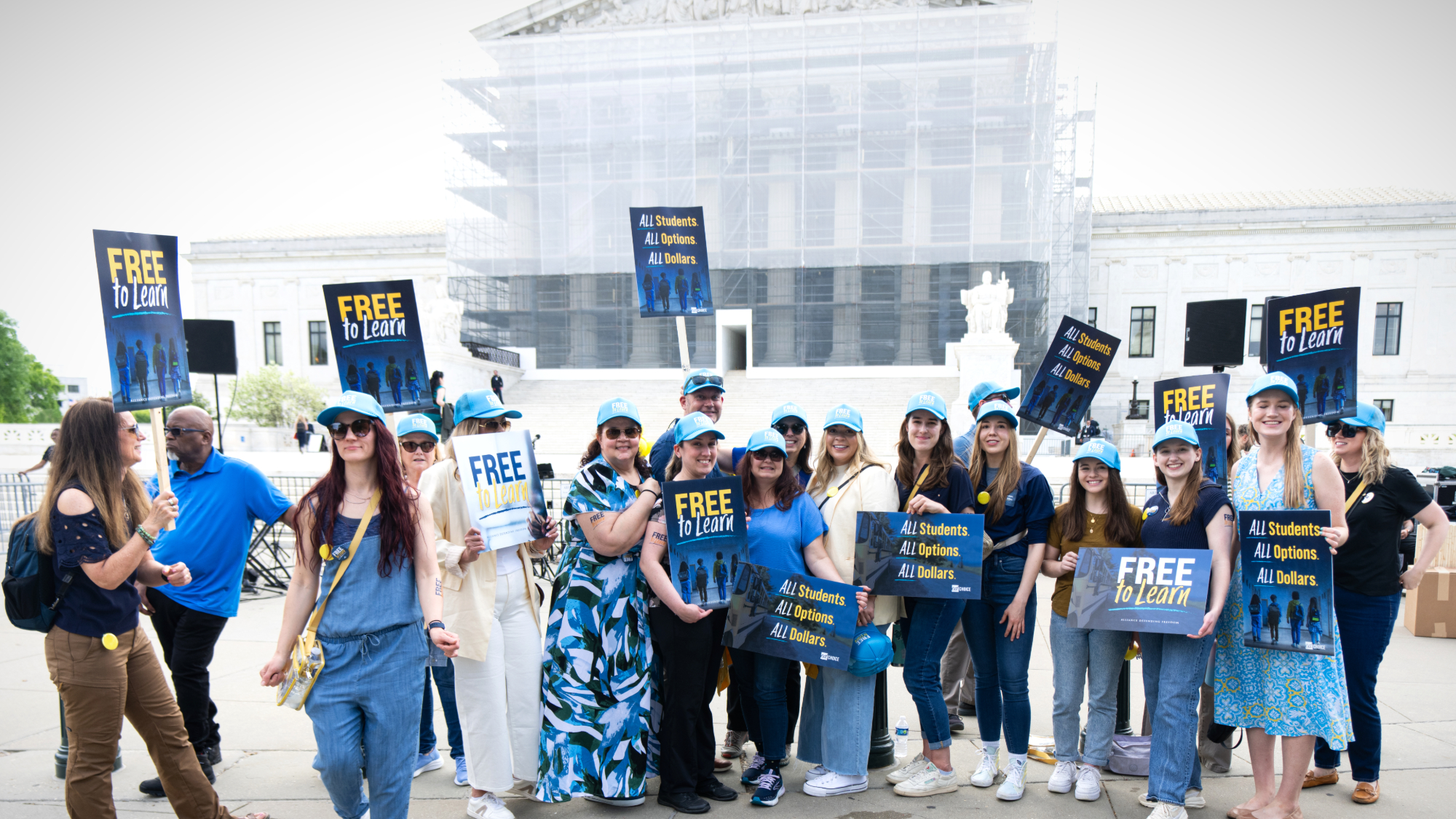 Supreme Court may bless church-run charter schools
Supreme Court may bless church-run charter schoolsSpeed Read The case is 'one of the biggest on church and state in a generation'
-
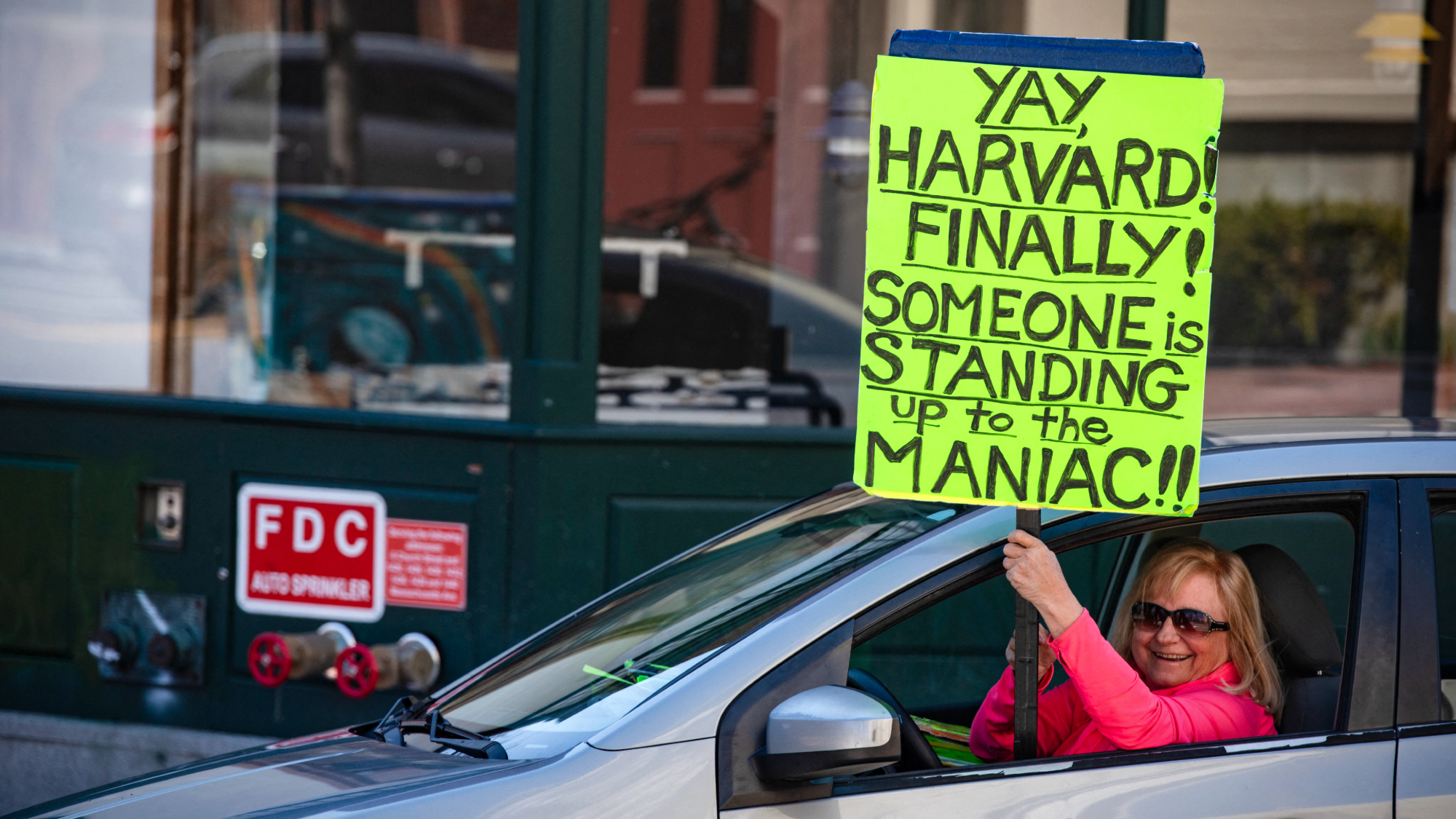 Harvard sues Trump over frozen grant money
Harvard sues Trump over frozen grant moneySpeed Read The Trump administration withheld $2.2 billion in federal grants and contracts after Harvard rejected its demands
-
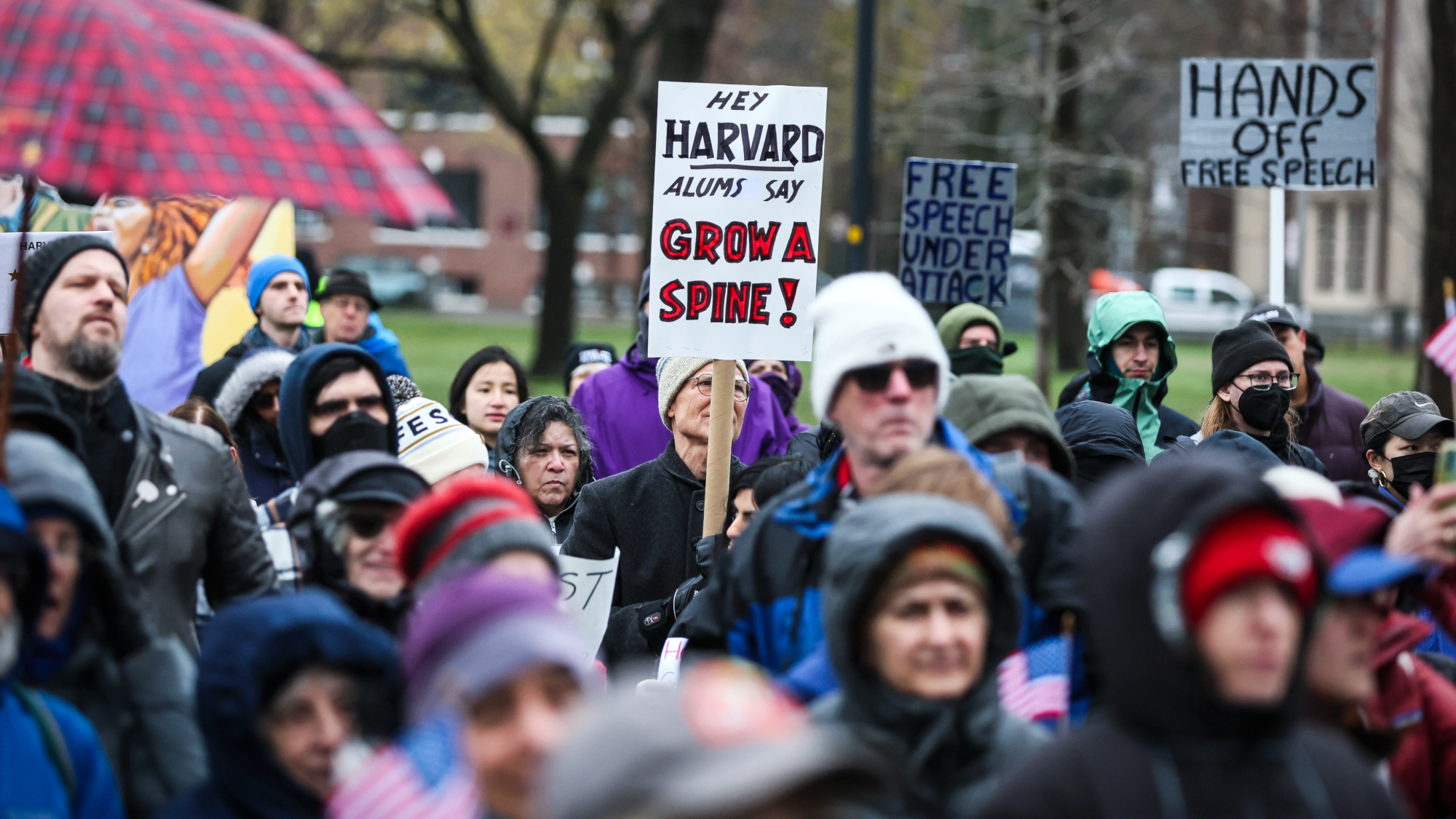 Harvard loses $2.3B after rejecting Trump demands
Harvard loses $2.3B after rejecting Trump demandsspeed read The university denied the Trump administration's request for oversight and internal policy changes
-
 USC under fire for canceling valedictorian speech
USC under fire for canceling valedictorian speechSpeed Read Citing safety concerns, the university canceled a pro-Palestinian student's speech
-
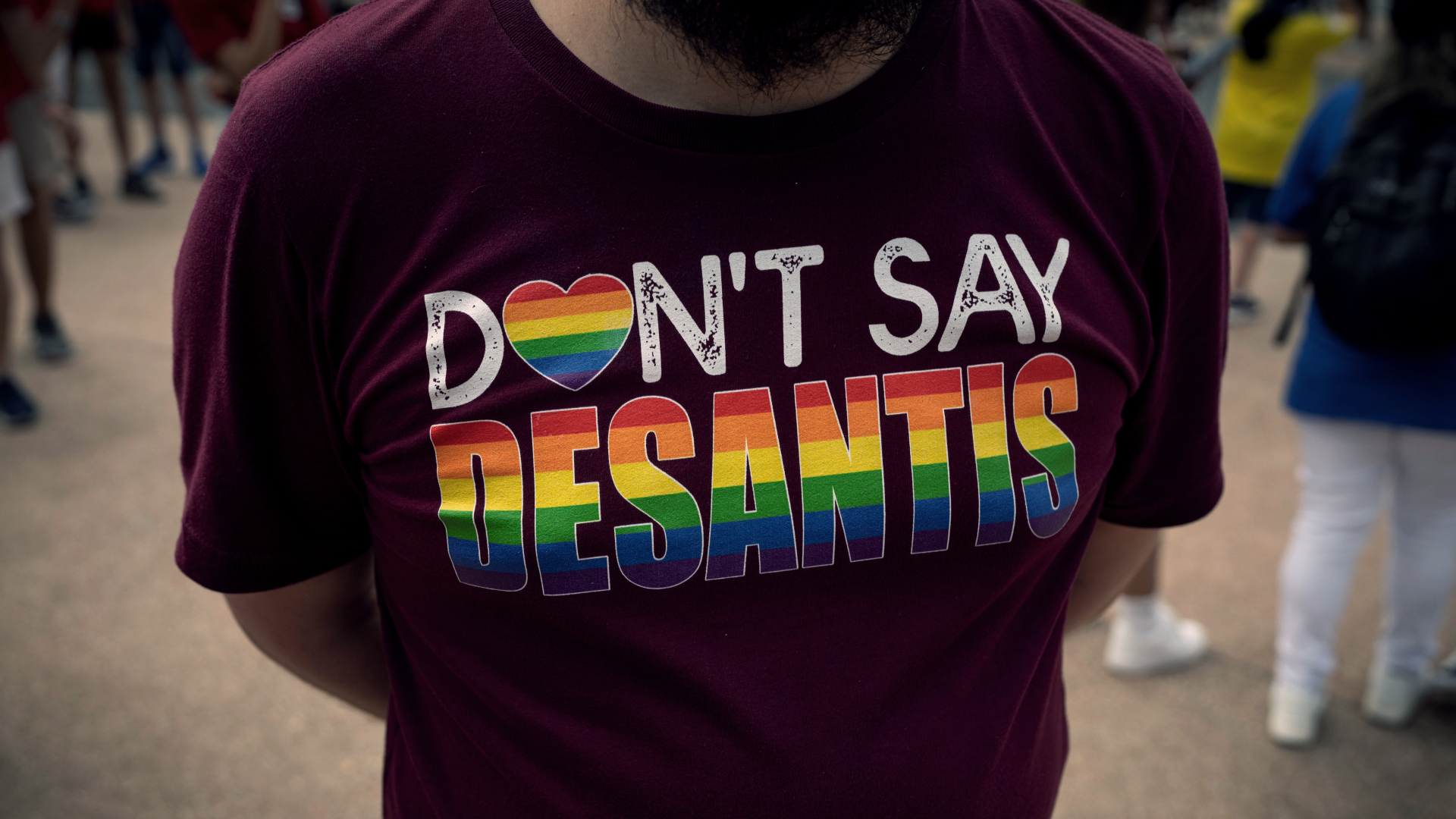 Florida teachers can 'say gay' under settlement
Florida teachers can 'say gay' under settlementspeed read The state reached a settlement with challengers of the 2022 "Don't Say Gay" education law
-
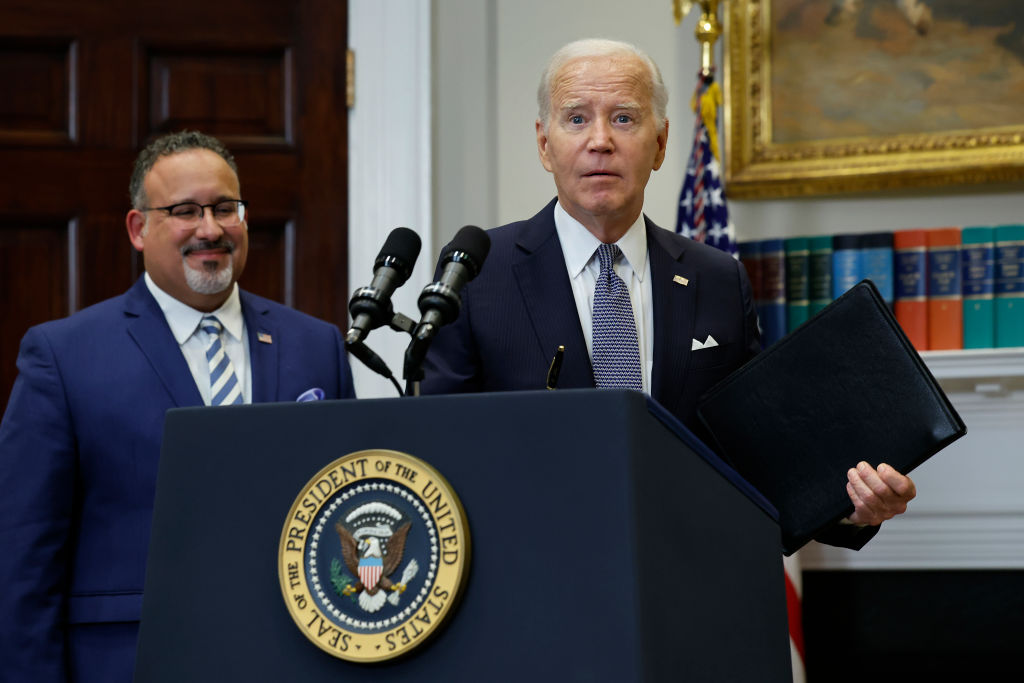 Biden administration to forgive $39B in student loan debt for 800K borrowers
Biden administration to forgive $39B in student loan debt for 800K borrowersSpeed Read
-
 Advocacy groups challenge Harvard's legacy admissions policy
Advocacy groups challenge Harvard's legacy admissions policySpeed Read
